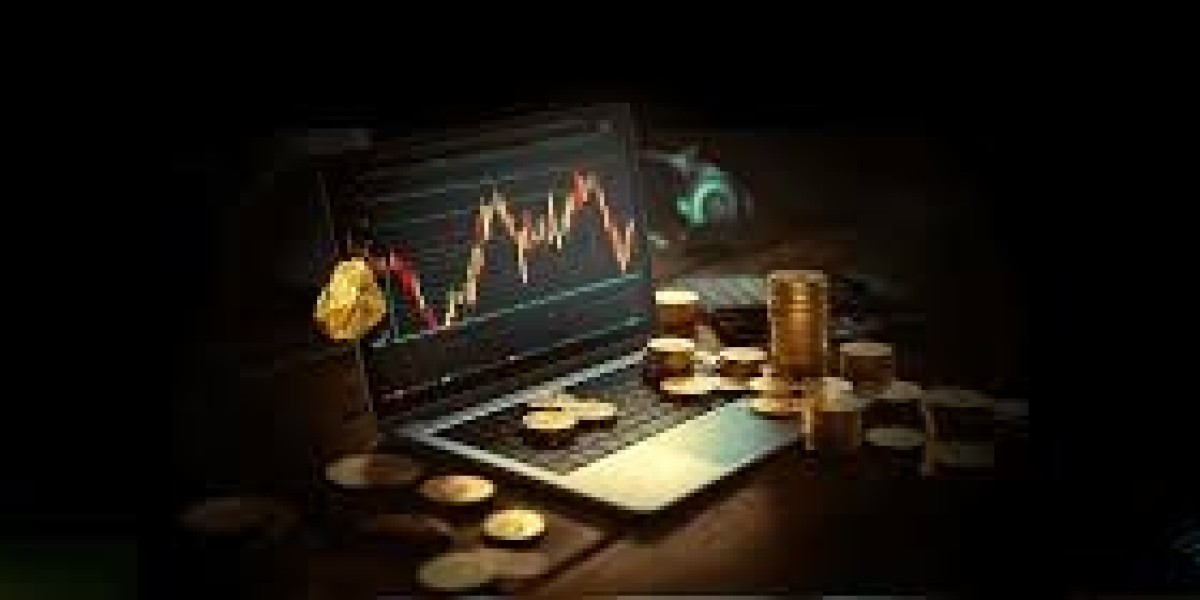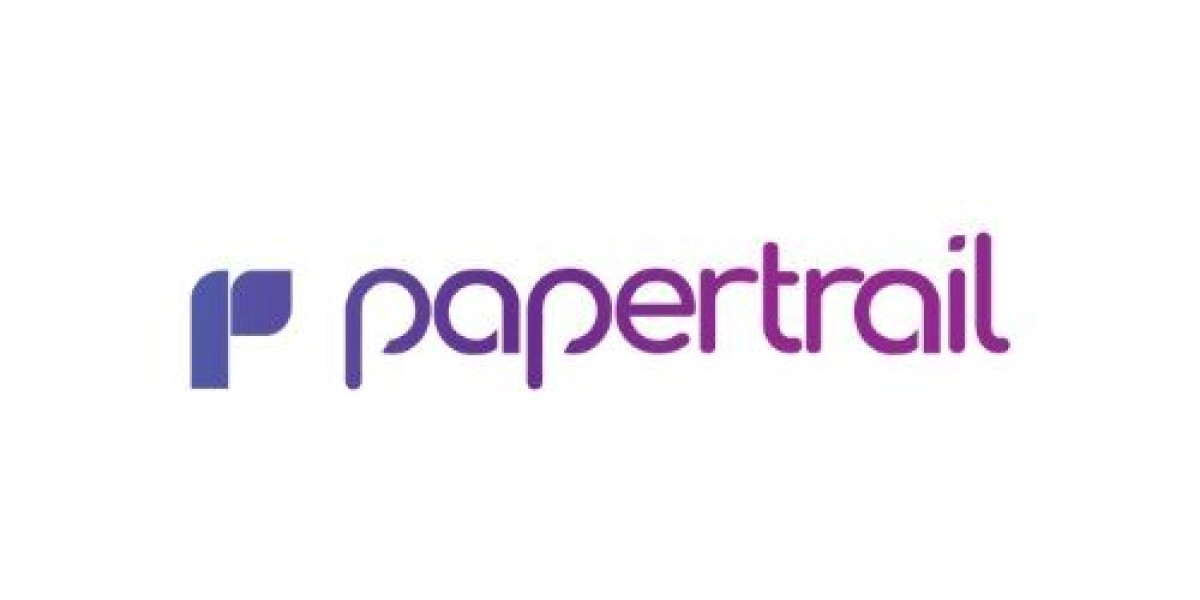Gold has held its value for thousands of years, standing strong as a safe haven during times of economic uncertainty, inflation, and geopolitical tension. In today’s digital age, gold trading is no longer limited to physical bullion or traditional exchanges. Instead, online gold trading platforms have emerged, offering traders and investors easier, faster, and more efficient access to the gold market.
In this blog, we'll explore what gold trading platforms are, how they work, the features to look for, and the pros and cons of using them.
What is a Gold Trading Platform?
A gold trading platform is an online software or digital interface that allows users to buy, sell, and speculate on the price of gold. These platforms often support trading gold in various forms, such as:
Spot Gold (XAU/USD)
Gold Futures
Gold ETFs (Exchange-Traded Funds)
Gold Mining Stocks
Gold Options and CFDs (Contracts for Difference)
Rather than purchasing physical gold, most traders on these platforms deal in contracts or digital representations of gold prices.
Types of Gold Trading Platforms
Brokerage Platforms
Examples: eToro, IG, Saxo Bank
These platforms allow you to trade gold CFDs, ETFs, and sometimes even physical gold, all through one account.Forex Platforms
Examples: MetaTrader 4/5 (via brokers)
Forex traders often speculate on gold prices through the XAU/USD pair using leverage.Commodity Trading Platforms
Examples: CME Group, NinjaTrader
Designed for futures and options traders, these platforms allow more advanced trading strategies on gold.Crypto-Backed Gold Platforms
Examples: Paxos Gold (PAXG), Tether Gold (XAUT)
These allow you to buy tokens backed by physical gold, combining gold’s stability with blockchain’s accessibility.
Key Features to Look For
When selecting a gold trading platform, consider the following features:
User Interface & Experience: Is the platform easy to navigate and beginner-friendly?
Fees and Spreads: Are the trading fees and bid/ask spreads competitive?
Leverage Options: Does the platform allow leveraged trading, and what are the margin requirements?
Security: Is your data and capital protected by robust encryption and regulatory oversight?
Educational Resources: Does it offer tutorials, analysis tools, or market research?
Market Access: Can you trade spot, futures, ETFs, and other gold-related instruments?
Mobile Access: Is there a reliable mobile app for trading on-the-go?
Pros of Using Gold Trading Platforms
Accessibility: Trade 24/5 from anywhere in the world.
Liquidity: Instant execution with access to global markets.
Diverse Instruments: Trade gold directly or via derivatives, depending on your strategy.
Leverage: Amplify positions (with increased risk) using margin.
No Physical Storage: Avoid costs and risks associated with storing physical gold.
Cons of Using Gold Trading Platforms
Market Risk: Gold prices are volatile and subject to geopolitical and economic changes.
Leverage Risk: While leverage can amplify profits, it also increases potential losses.
Platform Risk: Outages or security breaches can affect trading.
Fees: Some platforms charge hidden fees or high spreads.
Top Gold Trading Platforms in 2025
Here are some of the most popular platforms known for gold trading:
| Platform | Best For | Instrument Types |
|---|---|---|
| eToro | Beginners & Social Trading | ETFs, CFDs |
| IG Group | Advanced Traders | CFDs, Futures, Spot Gold |
| Interactive Brokers | Professional Traders | ETFs, Futures, Stocks |
| MetaTrader 4/5 | Forex & CFD Traders | Spot Gold (XAU/USD) |
| PAXOS | Crypto Investors | Tokenized Physical Gold |
Final Thoughts
Gold trading platforms have revolutionized access to one of the world’s oldest and most trusted assets. Whether you're a day trader, a long-term investor, or someone hedging against inflation, these platforms provide the flexibility and tools needed to execute your gold trading strategy effectively.
However, like any financial instrument, trading gold carries risk. Always conduct your own research, understand the tools you’re using, and consider seeking financial advice if you’re unsure.
In the modern digital era, gold may be timeless—but how we trade it has certainly evolved.







